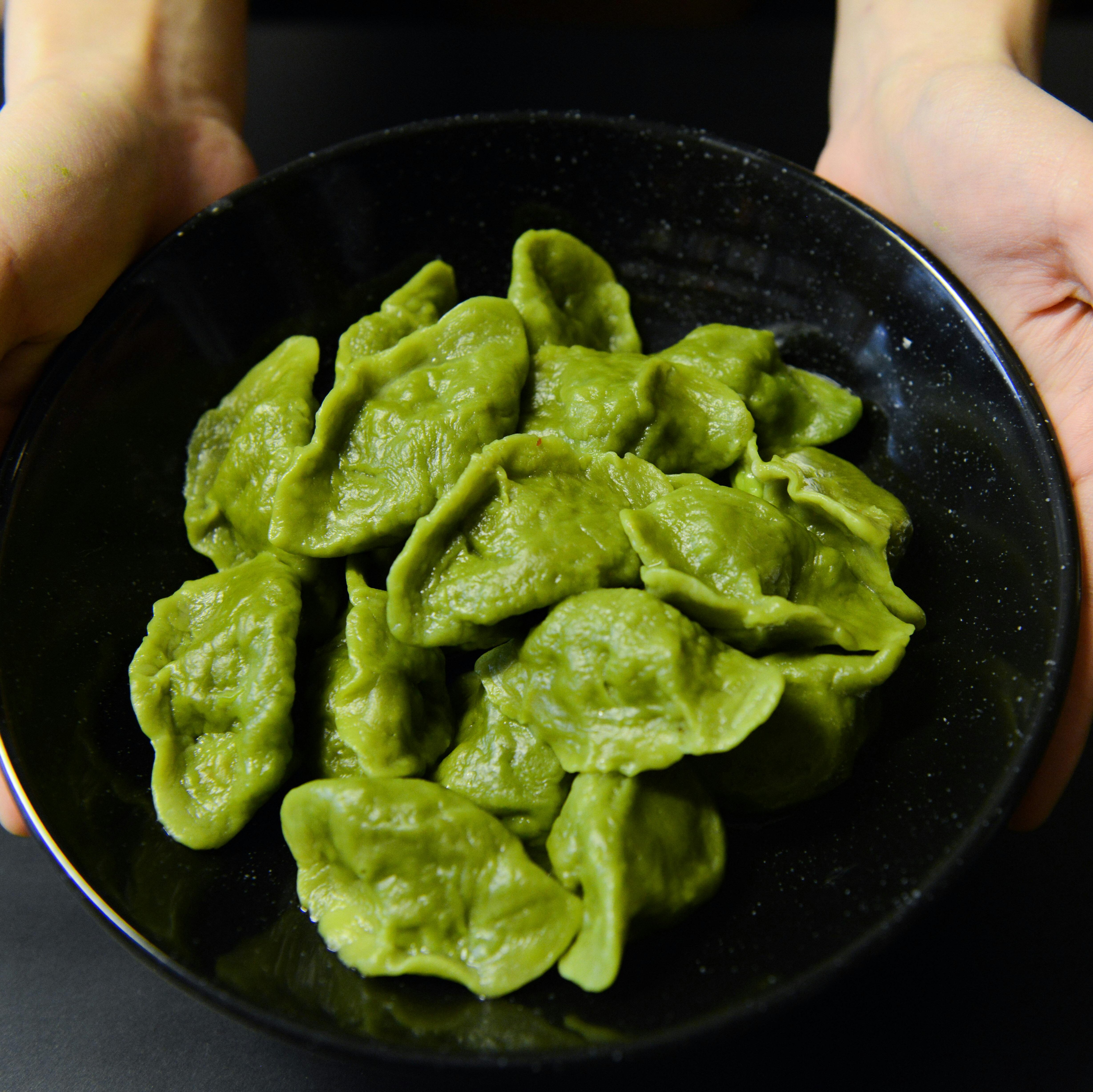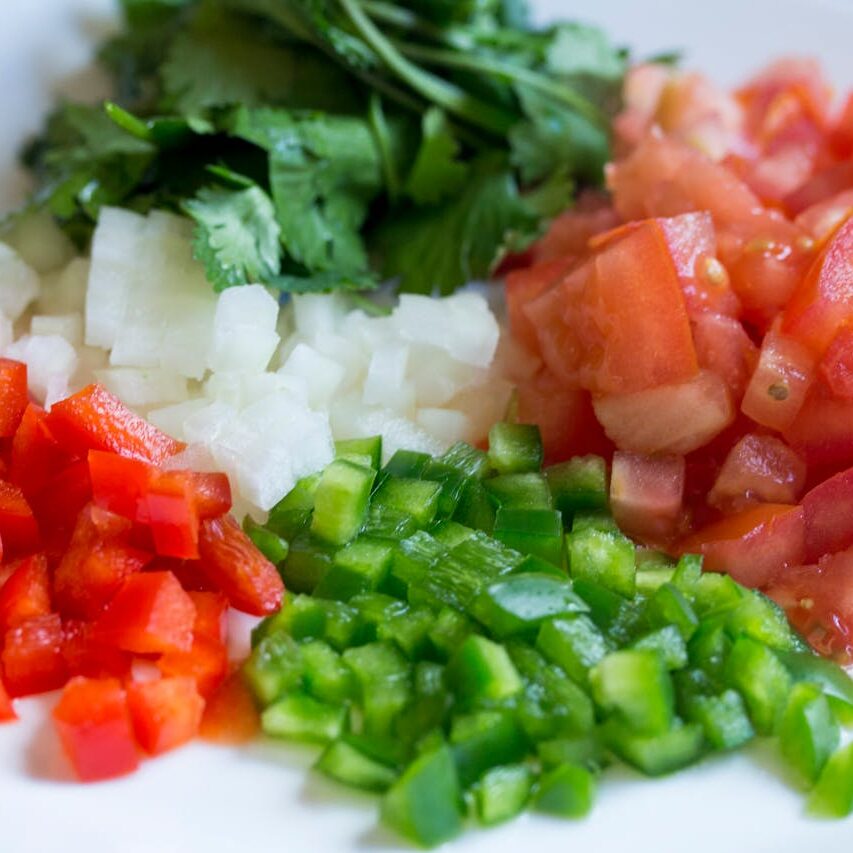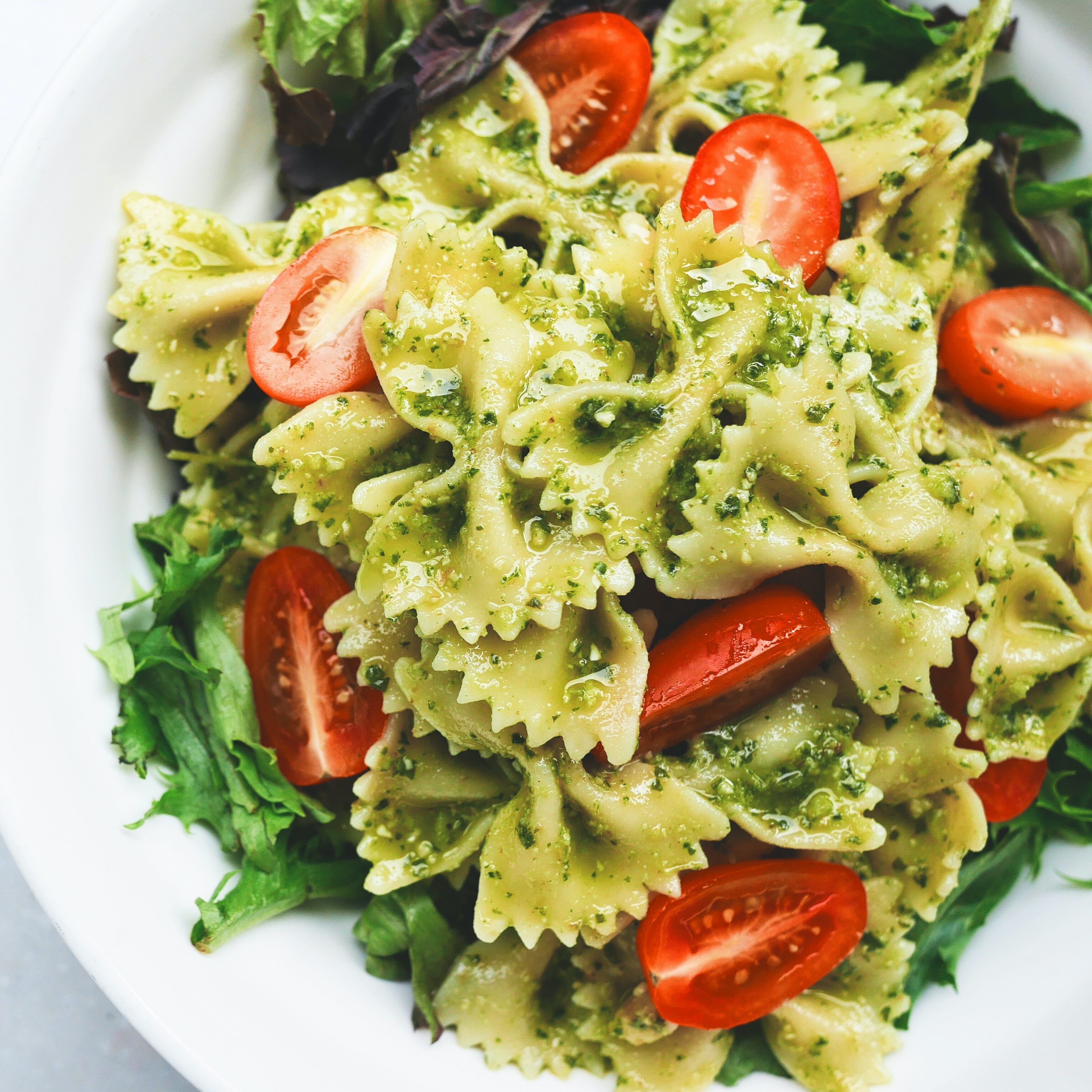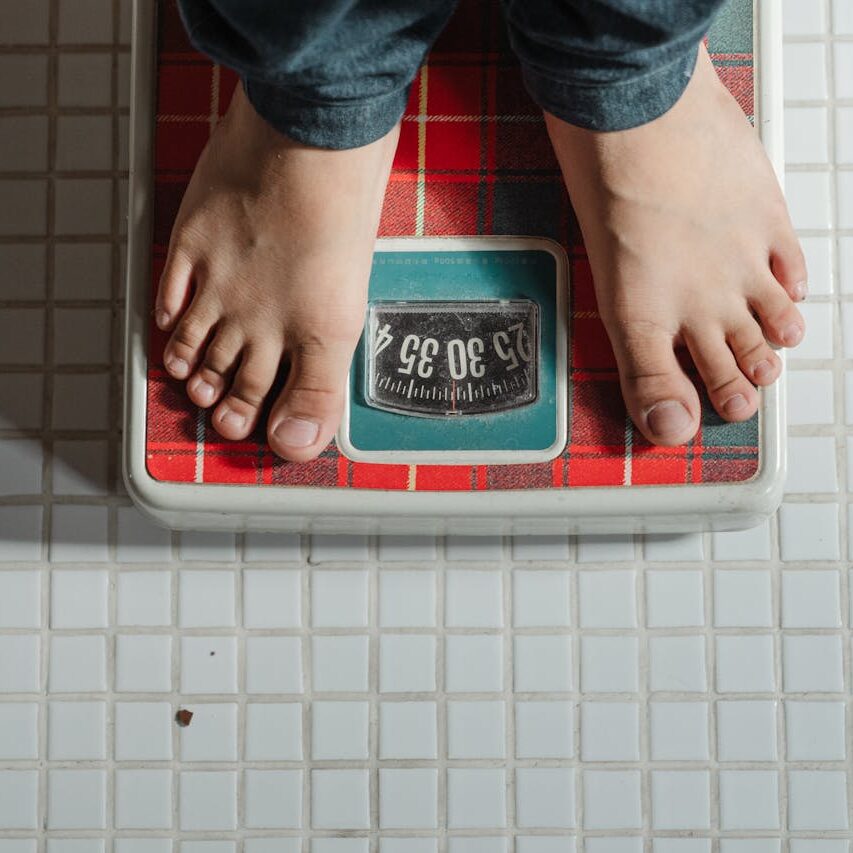7 Myths About Sustainable Weight Loss: As you embark upon your sustainable weight loss journey, familiarize yourself with these 7 myths: eating less, lots of exercise, cutting carbs, specific diets, weighing every day, no snack diet, and an attitude of perfection. are a must to achieve your weight loss goals.
Identifying and avoiding these myths will give you a head start against failure, but while sustainable weight loss is the goal of many people, achieving and maintaining a healthy weight is not always easy. Therefore, there are many myths and misconceptions about weight loss that can make it harder or even impossible to reach your desired results. So let these be a part of your guide to a sustainable weight-loss journey.
In this blog, we will debunk seven common myths about sustainable weight loss and reveal the truth behind them. We will also share some tips and resources to help you lose weight in a healthy and lasting way. Let’s get started!
Table of Contents
Myth 1: To achieve sustainable weight loss, you have to eat less.

One of the most widespread myths about weight loss is that you have to starve yourself to shed those pounds. This is not true. Eating too little can actually slow down your metabolism and make your body store more fat. It can also lead to nutrient deficiencies, muscle loss, hormonal imbalances, and binge eating.
The truth is, you have to eat enough to lose weight. You need to create a moderate calorie deficit, which means consuming fewer calories than you burn. However, you should not go below your basal metabolic rate (BMR), which is the minimum amount of calories your body needs to function at rest. You can use this calculator1 to estimate your BMR and your daily calorie needs.
To create a healthy calorie deficit, you should focus on eating nutrient-dense foods that fill you up and satisfy your hunger. These include lean proteins, healthy fats, complex carbohydrates, and plenty of fruits and vegetables. You should also avoid processed foods, added sugars, and trans fats, which are high in calories and low in nutrients.
Myth 2: Achieving sustainable weight loss means you have to cut carbs.

Another popular myth about weight loss is that you have to eliminate or drastically reduce your carbohydrate intake to see results. This is not true. Carbohydrates are the main source of energy for your body and brain. They also play a role in regulating your blood sugar, hormones, mood, and appetite.
The truth is, you have to choose the right carbs to lose weight. Not all carbs are created equal. There are simple carbs and complex carbs. Simple carbs are found in foods like white bread, white rice, pasta, pastries, candy, and soda. They are quickly digested and absorbed, causing spikes and crashes in your blood sugar and insulin levels. They also provide little or no nutritional value and can increase your cravings and hunger.
Complex carbs are found in foods like whole grains, beans, lentils, quinoa, oats, fruits, and vegetables. They are slowly digested and absorbed, providing a steady and sustained source of energy. They also contain fiber, vitamins, minerals, antioxidants, and phytochemicals that support your health and weight loss.
To lose weight sustainably, you should limit your intake of simple carbs and increase your intake of complex carbs. You should also aim to get about 45% to 65% of your daily calories from carbs, depending on your activity level and personal preferences.
Myth 3: You have to prioritize exercise to lose weight

A common myth about weight loss is that you have to spend hours in the gym or do intense workouts to burn calories and fat. This is not true. Exercise is important for your overall health and well-being, but it is not the main factor in weight loss. In fact, studies have shown that exercise alone has a modest effect on weight loss and that diet is more influential than exercise in determining your body weight.
The truth is, you have to exercise smart to lose weight. You need to find a type of exercise that you enjoy and that fits your lifestyle and goals. You also need to balance your exercise intensity, frequency, and duration. You don’t have to exercise every day or push yourself to the limit. You just have to be consistent and challenge yourself gradually.
To lose weight sustainably, you should aim to do at least 150 minutes of moderate-intensity aerobic exercise or 75 minutes of vigorous-intensity aerobic exercise per week, according to the Physical Activity Guidelines for Americans2. You should also do some strength training exercises at least twice a week to build and maintain your muscle mass and metabolism. You can also add some flexibility and balance exercises to improve your range of motion and prevent injuries.
Myth 4: You have to follow a specific diet to lose weight

One of the most persistent myths about weight loss is that you have to follow a specific diet or a set of rules to achieve your desired results. This is not true. There is no one-size-fits-all diet that works for everyone. Different diets may have different effects on different people, depending on their genetics, preferences, lifestyles, and goals.
The truth is, you have to find a diet that works for you to lose weight. You need to find a way to eat that suits your needs, preferences, and budget. You also need to find a balance between your calorie intake and expenditure, your macronutrient distribution, and your micronutrient intake. You don’t have to follow a strict or rigid diet that restricts your food choices, portions, or timing. You just have to eat mindfully and moderately.
To lose weight sustainably, you should adopt a healthy and balanced diet that includes a variety of foods from all the food groups. You should also avoid fad diets, crash diets, or extreme diets that promise quick and easy weight loss but are often unhealthy, unsustainable, and ineffective in the long run.
Myth 5: You have to weigh yourself every day to lose weight

A common myth about weight loss is that you have to weigh yourself every day to track your progress and stay motivated. This is not true. Weighing yourself every day can be counterproductive and stressful, as your weight can fluctuate daily due to various factors, such as water retention, hormonal changes, muscle gain, and bowel movements.
The truth is, you have to weigh yourself wisely to lose weight. You need to use the scale as a tool, not as a judge. You also need to use other methods to measure your weight loss success, such as your body fat percentage, your waist circumference, your body mass index (BMI), and your clothes size. You don’t have to obsess over the number on the scale. You just have to focus on the big picture and the long-term trends.
To lose weight sustainably, you should weigh yourself once a week or once a month, preferably in the morning, before eating or drinking, and after using the bathroom. You should also use the same scale, wear the same clothes, and record your weight in a journal or an app. You should also celebrate your non-scale victories, such as feeling more energetic, sleeping better, or fitting into your old jeans.
Myth 6: You have to eliminate snacks to lose weight and keep it off

Another popular myth about weight loss is that you have to avoid snacks or eat only three meals a day to lose weight. This is not true. Snacking can actually help you lose weight, as it can prevent you from overeating at your next meal, keep your blood sugar stable, and boost your metabolism.
The truth is, you have to snack smart to lose weight. You need to choose healthy and satisfying snacks that provide you with protein, fiber, healthy fats, and complex carbs. You also need to control the portion sizes and timing of your snacks. You don’t have to snack if you’re not hungry or bored. You just have to listen to your body and your hunger cues.
To lose weight sustainably, you should snack when you feel hungry between meals, but not too close to your next meal. You should also aim to have about 100 to 200 calories per snack, depending on your daily calorie needs. Some examples of healthy snacks are:
- A handful of nuts or seeds
- A piece of fruit or a cup of berries
- A hard-boiled egg or a cheese stick
- A yogurt or a smoothie
- A hummus or a guacamole dip with some carrot or celery sticks
- A granola or a protein bar
Myth 7: You have to be perfect to achieve sustainable weight loss

The last and perhaps the most harmful myth about weight loss is that you have to be perfect to lose weight. This is not true. Perfectionism can sabotage your weight loss efforts, as it can lead to unrealistic expectations, self-criticism, guilt, shame, and frustration. It can also make you more prone to binge eating, emotional eating, or giving up altogether.
The truth is, you have to be flexible to lose weight. You need to accept that weight loss is not a linear or smooth process but a dynamic and complex one. You also need to acknowledge that you are human and that you will make mistakes, have setbacks, and face challenges. You don’t have to be perfect to lose weight. You just have to be persistent and resilient.
To lose weight sustainably, you should adopt a growth mindset, which is the belief that you can improve your abilities and skills through effort and learning. You should also practice self-compassion, which is the ability to treat yourself with kindness and understanding. You should also celebrate your achievements, no matter how small or big they are. And most importantly, you should enjoy the journey, not just the destination.
Conclusion
Sustainable weight loss is possible, but it requires patience, consistency, and knowledge. By busting these 7 myths about weight loss, we hope to help you achieve your weight loss goals in a healthy and lasting way. Remember, weight loss is not a sprint, but a marathon. You can do it